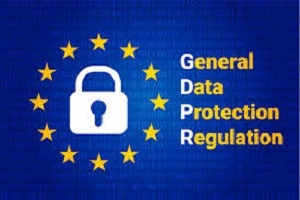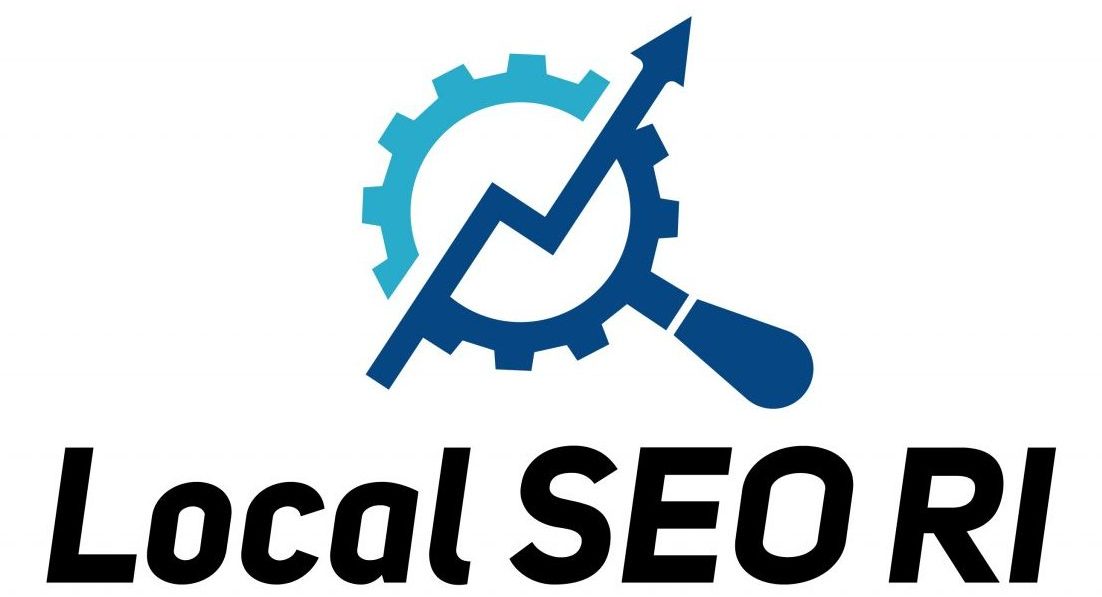User data protection and privacy are crucial to building confidence in digital and online activities. Over the years, users have been at the mercy of webmasters and organizations that collect their data and lose the data, which some people use to encroach on their digital privacy. However, legislation is required to protect users regarding the data or information that may be collected from them, used, not disclosed.
What Is GDPR?
GDPR is an acronym for the General Data Protection Regulation. GDPR is the digital privacy protection legislation passed by the European Commission to ensure users’ data protection across the European Union.
GDPR sets to protect user data from getting lost, stolen or disclosed to people who were not intended by the users to see it, especially persons with malicious intent.
Why GDPR?
Due to a series of data breaches that happened, it becomes necessary to establish strict measures to make webmasters and organizations that collect people’s data legally with the consent of the user under strict conditions. Also, those who collect and manage the data must protect it from unlawful access, misuse, or exploitation. More so, the rights of data owner must be respected, or they would face GDPR lawsuits.
As a result, all data handlers are required to be GDPR compliant or be liable to GDPR lawsuits. According to the article of the GDPR, data handlers include “processors” and “controllers.” All organizations within the EU as outside the EU but offer goods and services to businesses or customers in the EU are unavoidably required to the GDPR compliant.
How to Become GDPR Compliant
The requirements of the GDPR mean that every organization that handles data would have a GDPR compliance strategy. If you are a data handler and you are looking for ways to be SEO GDPR compliant, read the tips below.
1. Every organization should create a GDPR team in the marketing department to review data-handling procedures. The email lists must be examined carefully, and users that do not provide a productive consent notice should be removed.
2. To be GDPR compliant, all organizations must declare their intention to collect data in simple, easy-to-understand language, even if it is just the cookie.
3. A GDPR team should manage contacts and leads in the database. All users in or from the EU should be provided with a re-verification email and users that consent to the other users.
4. In their efforts to be SEO GDPR compliant, the organization should update privacy policy regularly and notify the users with a request to agree to it.
5. The organization should design a data breach plan, and report immediately within 72 hours after detecting the breach. The information should be sent to all affected parties. Although GDPR lawsuits may result from the offense, if it could be proven that the organization is SEO GDPR compliant, the case might not be overly terrible.
Takeaway
GDPR compliance is a prerequisite for any website to keep on existing without facing GDPR lawsuits. Examine your true state of being GDPR compliant and adjust quickly, assuring them that the issue will not happen again. If you are running WordPress as your CMS (Content Management System) search for a plugin called GDPR and install it. This simple plugin could save your online business.

